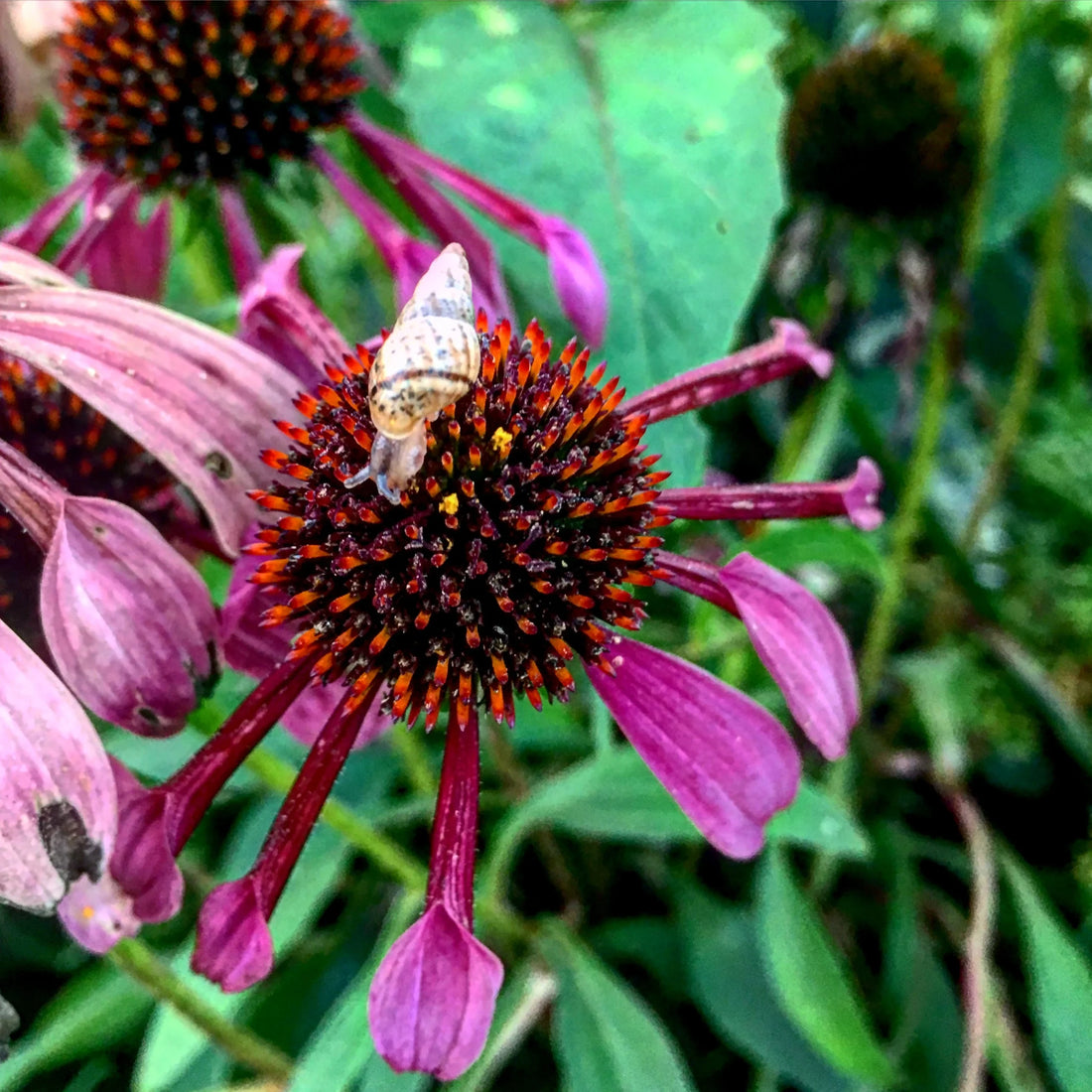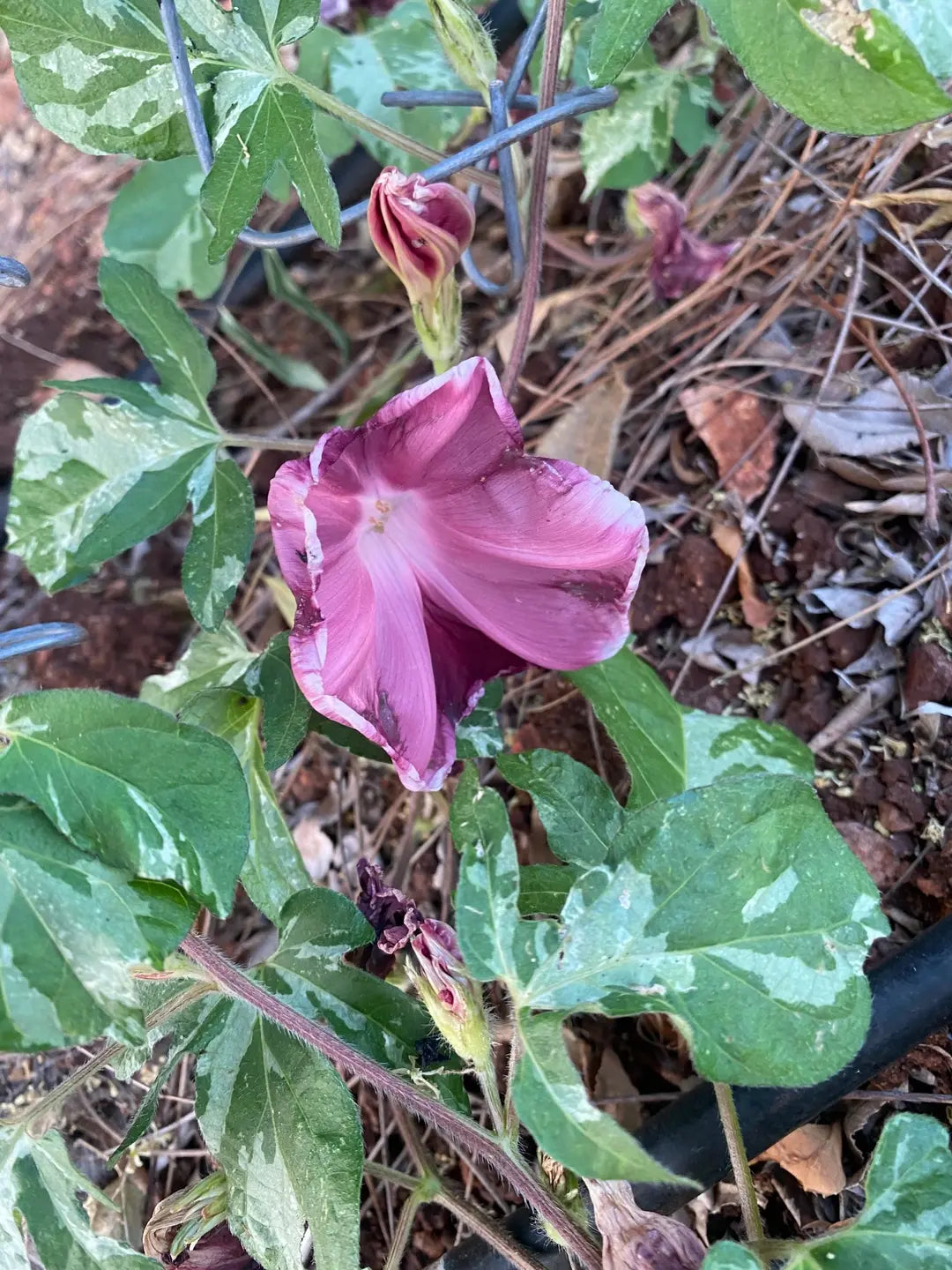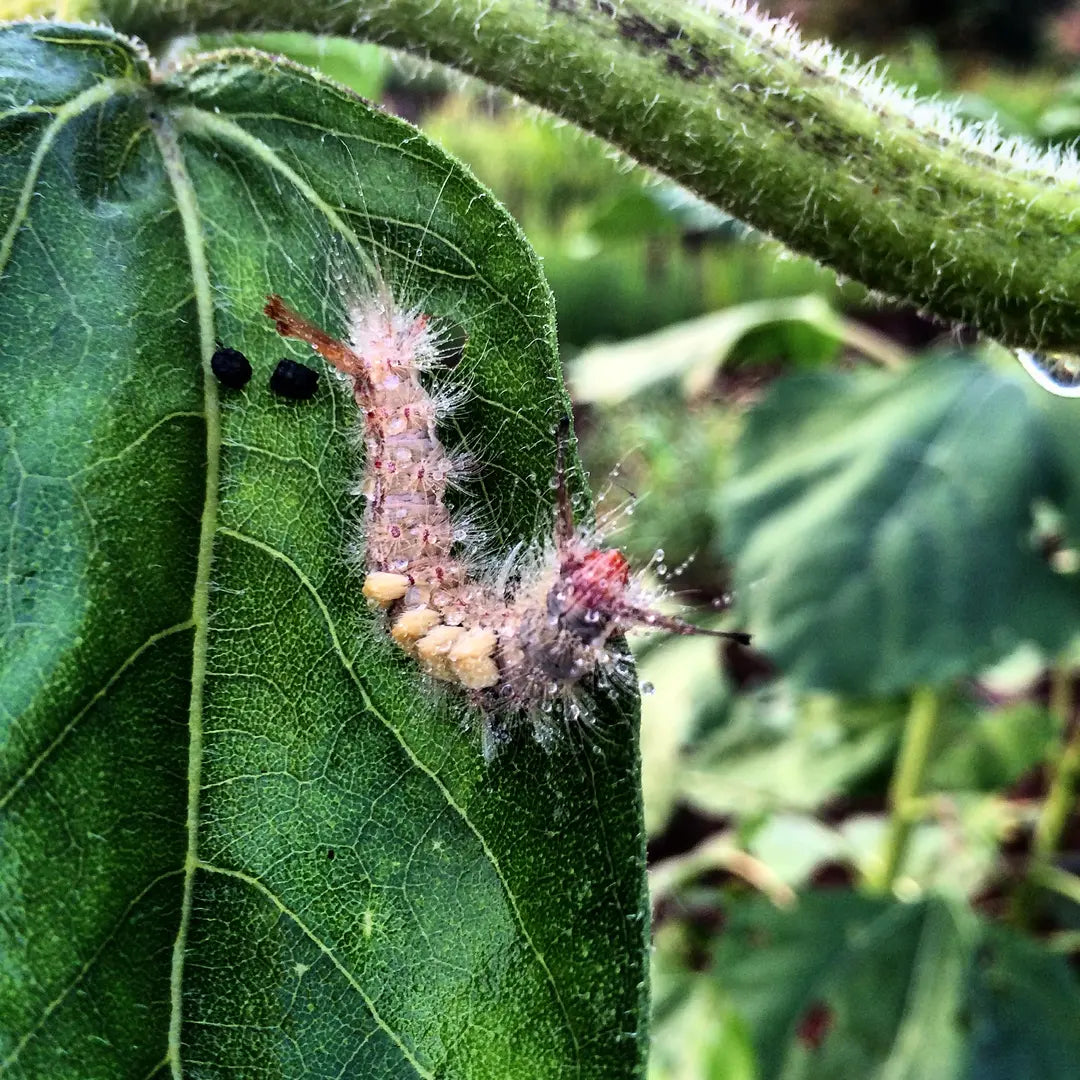We get many messages and questions about how do we control pests and disease when growing organic crops. That seems to be the main reason why people don’t want to grow crops organically – dealing with pests and crop loss!
The answer is simple: Nothing.
Actually it’s not so simple, if you know everything else we do to discourage a pest and disease situation on our farm in the first place. That doesn’t mean we are totally pest or disease free, it only means have done everything to make sure that issue does not take over your garden. So compare it to the human body, just because we eat well, exercise, and take multivitamins, that doesn’t mean we never get a cold or infection. But yes it can be tackled easily with good rest and some care if your overall immunity has been taken care of. We can easily take painkillers or antibiotics, but that does not stop the issue from occurring again. In fact it makes our system weaker and more susceptible to problems.
The same logic applies to plants as well – give them the right environment to grow in, have healthy companions, good nutrition, some TLC, and lots of sunshine!
Ok, lets talk energies for a bit. Don’t expect your garden to flourish if you are in a bad mood and work in the garden. Plants sense feelings, emotions, and stress. The moon cycles and surrounding energy fields affect them as well. So watch them grow, see if they are struggling, keep the plants clean, and notice small changes. Talk to them, sing a song and breathe some good air in the garden to improve your mood. And watch them thrive!
If you go about researching what natural pest control you can use on your plants, it’s a never-ending list. It’s like searching the Internet about what teas to take to suppress a cough. There is so much information to absorb, and a lot of contradictory information out there. Yes, there are some sure shot solutions that work well. However, anything that’s strong and will affect insects will also stress out the plants. Anything that can kill a pest, can kill a beneficiary bug as well. Those yellow sticky pads out there kill a lot of the beneficial insects, pollinators, and bees. So exercise caution before you decide to use the natural anti pest solution.
Most caterpillar populations can be tacked in a small garden by finding and destroying the eggs under the leaves. Birds can do this for you too. Most aphids can be tackled if you spray some water on them, or they immediately go away with a heavy rain. If you maintain biodiversity in your garden, a lot of beneficial insects and microorganisms will do the work. Good compost and simple liquid manures can resolve most issues.
It is so important to a step back and look at the bigger picture. Sometimes you just have to trust the process when you do everything else. Here’s a list of questions you can ask yourself before addressing an issue with your plants:




